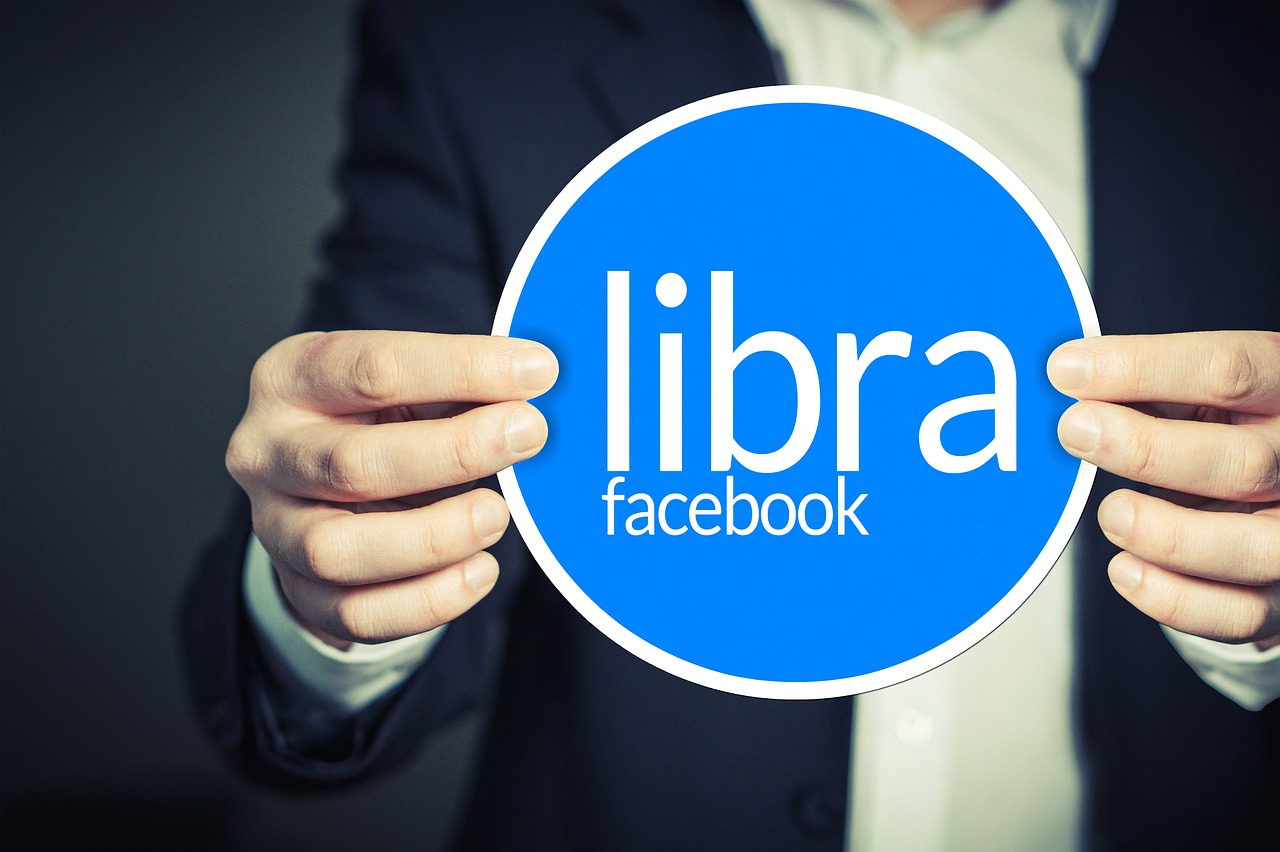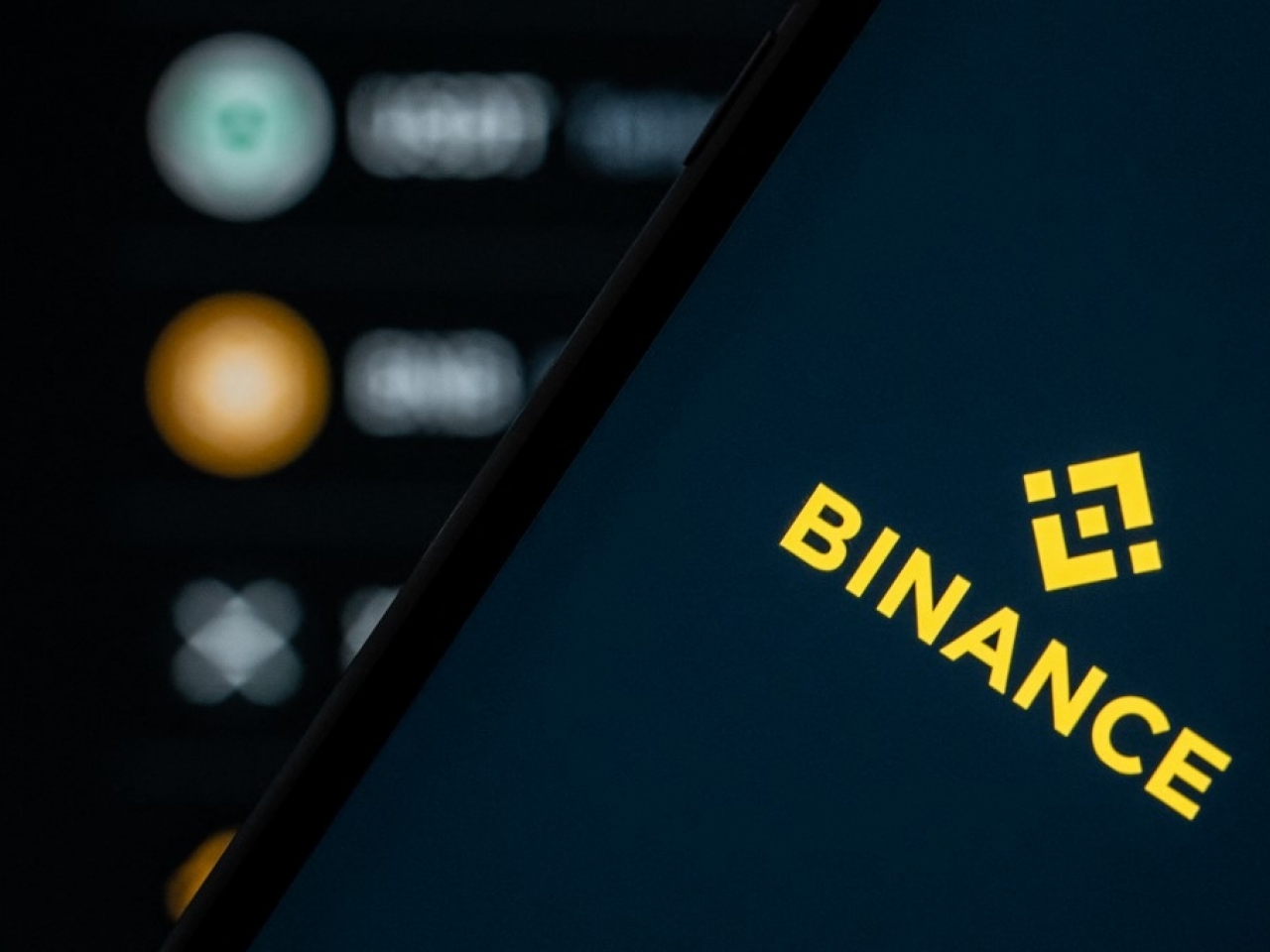Facebook sent a letter to Senator: Libra does not obtain personal financial information from users.
Facebook blockchain director David Marcus sent a letter to the US Senate saying that Facebook could not get the user's personal financial information through its new cryptocurrency Libra.

According to coindesk.com, he responded to some of the sharp questions raised by legislators in a letter to the Senate Banking Committee on Monday. Marcus acknowledged the concerns raised by the relevant people about data privacy issues, and he responded, “I want to assure you that we promise to take the time to do the right thing.” The House Financial Services Committee also received a similar letter.
Marcus said in the letter that the user's personal data will not be added to any transactions on the Libra blockchain. “Similar to cryptocurrencies such as Ethereum and Bitcoin, transactions that occur directly on the Libra blockchain are 'anonymous', which means that the user's identity is not public.”
- Blockchain Weekly | Facebook opens a long-term game with global regulation
- Opinion: China or develop official digital currency on WeChat
- Zhou Xiaochuan: Libra represents the trend of digital currency, China should take precautions
He said that the blockchain address, timestamp and transaction amount in the transaction are public, but any information about the customer (KYC) or anti-money laundering (AML) must be stored by the wallet provider. Marcus said Libra will be an open source platform and any third-party developer will be able to build their own digital wallet.
Marcus explained that these third parties will be responsible for their Libra wallet. “These suppliers are responsible for determining the type of information they need to provide and complying with the regulations and standards of their country.”
“Calibra and other digital wallet services regulators can ask them to provide information about their users' identity and activities, and provide such information to law enforcement and regulatory agencies, such as anti-money laundering, counter-terrorism financing, and sanctions,” he said.
In response to financial information about which consumers Facebook has, Marcus writes that "non-public personal financial information data" is stored by Facebook's subsidiaries, but that information is not used for advertising or personalization.
The related transaction is also handled by Facebook's subsidiary Facebook Payments, so Facebook itself cannot access any information related to the payment voucher, but it does collect some other information related to the transaction, such as merchant, transaction amount, date and time, and purchased goods. Wait.
Marcus told senators that Facebook's blockchain network management organization Libra Association will have less information than Facebook Payments. Because the verification node or wallet is responsible for processing transactions and storage, neither Facebook nor Libra store personal data.
For Facebook's subsidiary, Calibra, which develops an open source wallet for Libra, Marcus explained, “Calibra will become Facebook's representative at the Libra Association. As an independent regulated subsidiary of Facebook, Calibra will protect consumer financial data. Use or share this data for ad targeting purposes.” However, as a regulated wallet, Calibra will retain some consumer financial data.
Marcus said, “In addition to limited scenarios, Calibra does not share account information or financial data with Facebook or any third party without the customer's consent.” Exceptions include legal and law enforcement agencies or regulators on anti-money laundering, counter-terrorism financing And sharing data for purposes such as sanctions. He also said, "Calibra users' account information and financial data will not be used for advertising in Facebook or its social media and messaging products."
In response to questions about personal credit ratings, Marcus wrote, “Facebook does not obtain or use consumer reports or credit ratings for any purpose.”
The Libra encryption project launched by Facebook last month was hampered by regulatory and legislative bodies around the world. Global legislators and some government officials have been questioning the project and even demanding a direct suspension.
The US Senate Banking Committee is scheduled to hold a hearing on July 16, and the House Financial Services Committee will hold another hearing the following day. Marcus will attend two hearings and testify.
Marcus said in a letter that Facebook has discussed the project with financial services companies, regulators, central banks, policy makers, the Treasury, and other groups. He wrote in the letter,
“The Libra Association will work with policy makers and regulators to ensure that this new ecosystem brings economic growth. The association is fully committed to advancing a global dialogue on how to regulate blockchain and cryptographic assets.”
Image source: pixabay
By Xiu MU
This article comes from the push bitpush.news, reproduced need to indicate the source.
We will continue to update Blocking; if you have any questions or suggestions, please contact us!
Was this article helpful?
93 out of 132 found this helpful
Related articles
- Number said | In the first half of 2019, blockchain private placement financing of 11.851 billion yuan exceeded 60% of funds invested in the US market
- Attack on the big body! Goldman Sachs sets up a digital asset team or competes with Morgan
- Market Analysis: USDT issuance, BTC giant single
- Beijing Haidian District uses blockchain technology for the first time to break down information barriers
- Market Analysis: BTC is approaching $13,000, and short-term risk increases should not be chased
- Opinion: Why not optimistic about BitTorrent speed
- Take stock of central bank officials' important points: What is Libra's inspiration for the central bank's digital currency?






